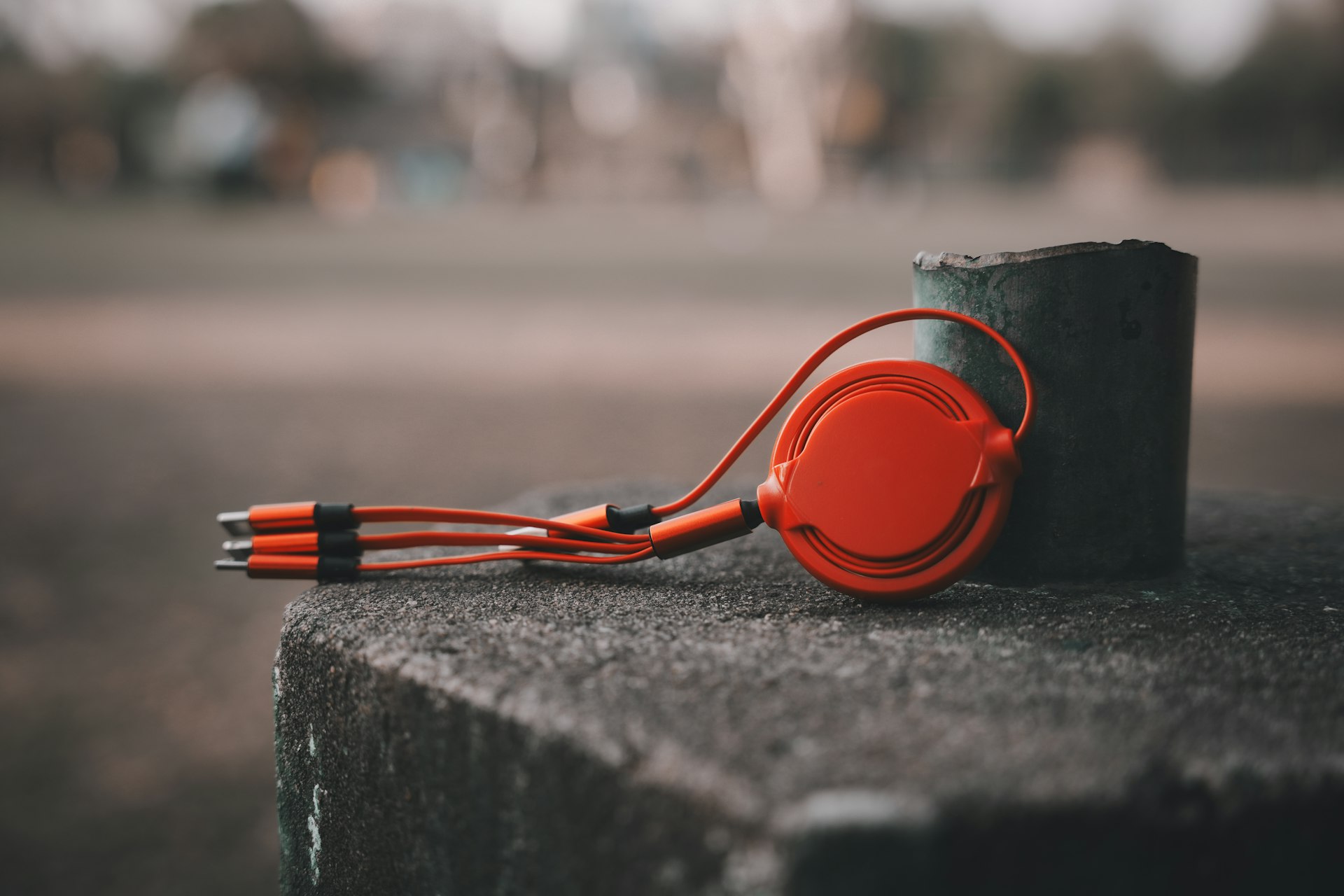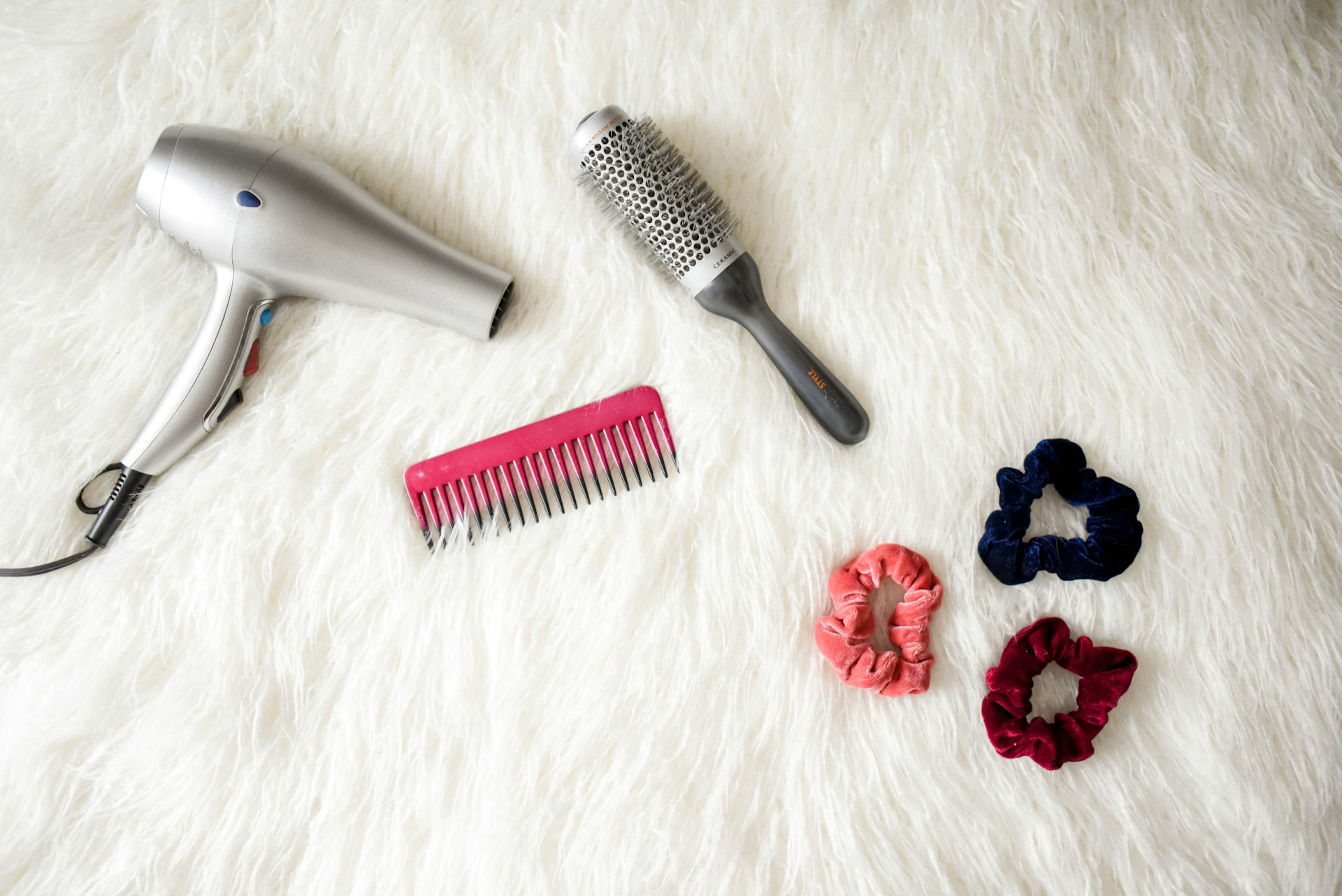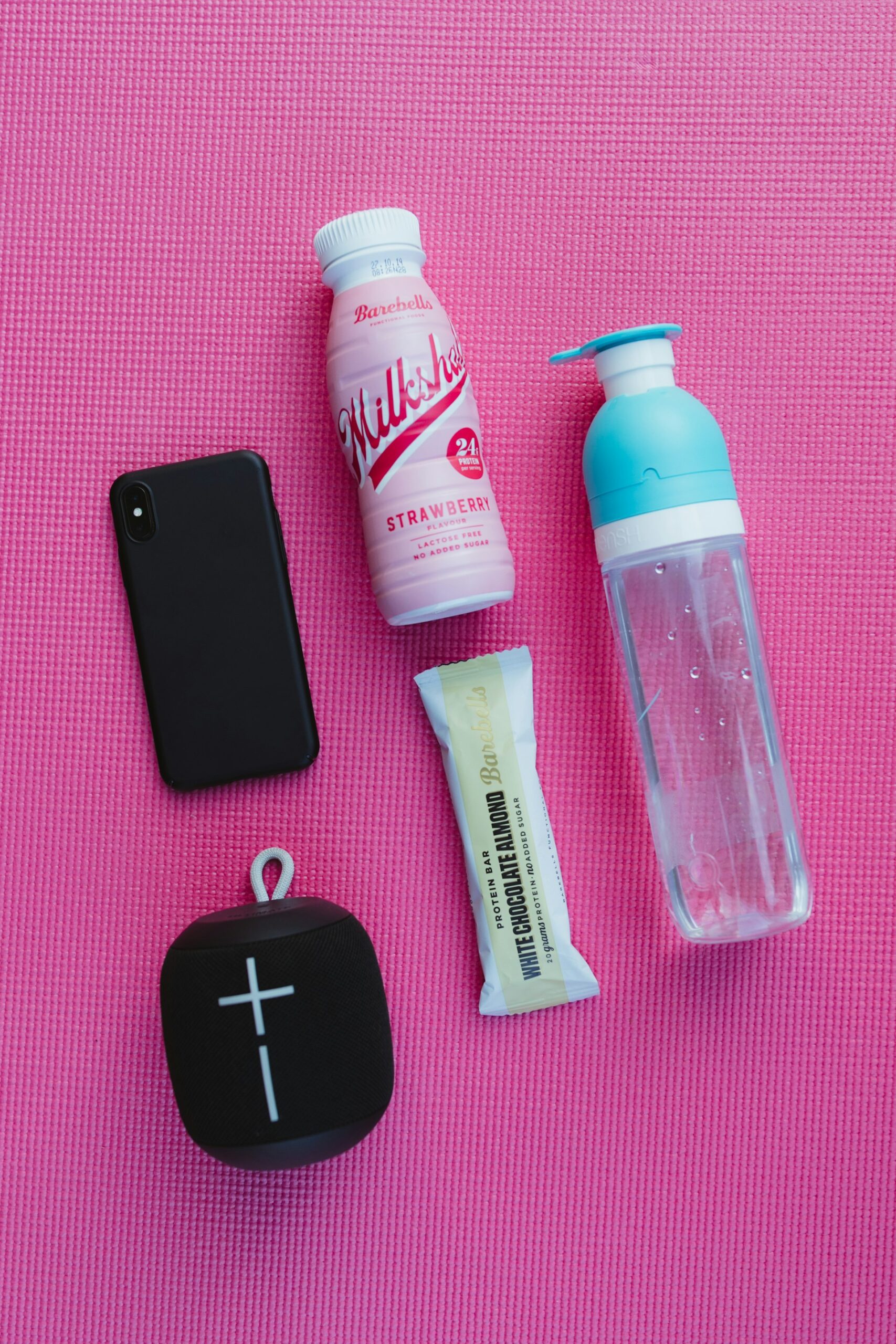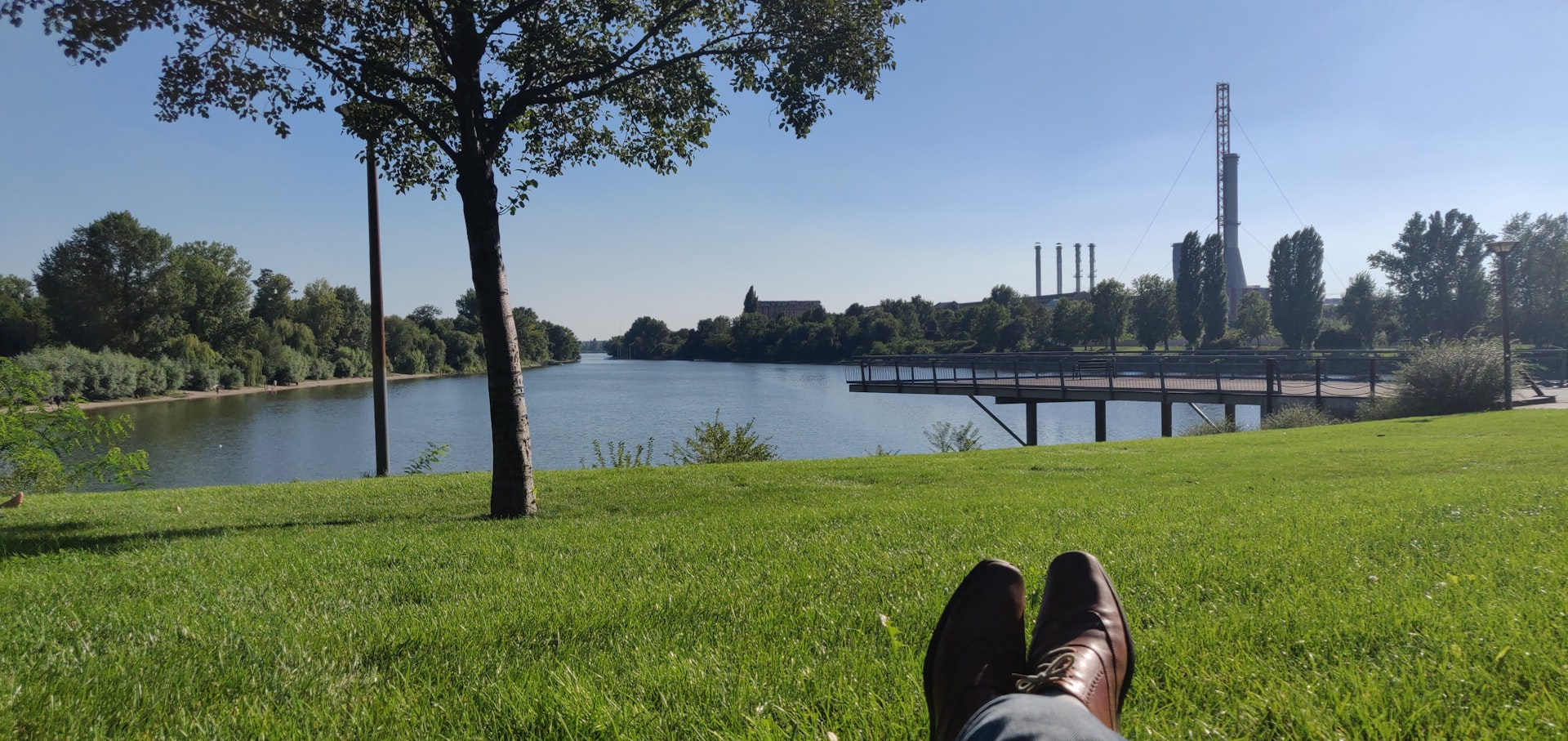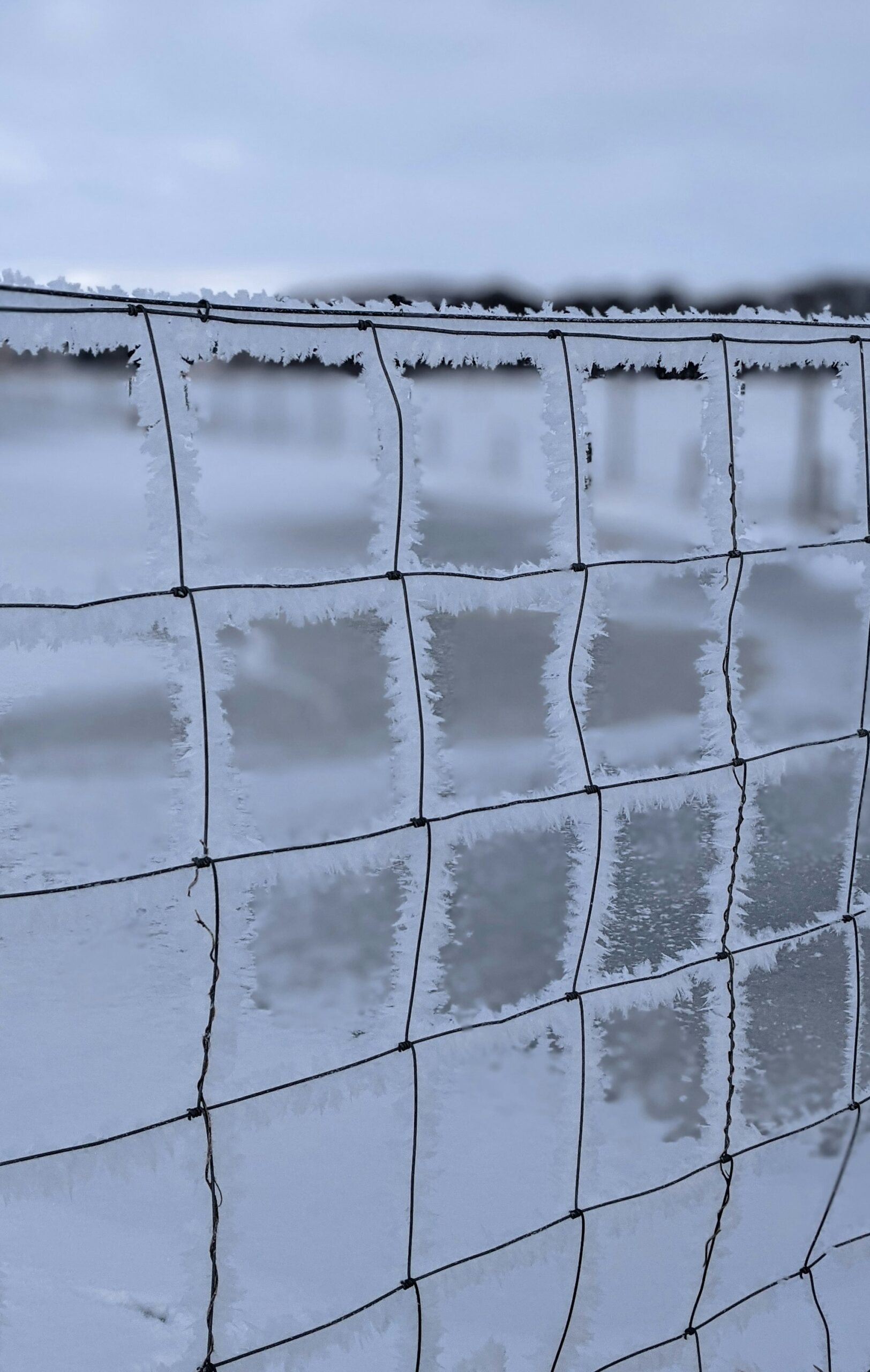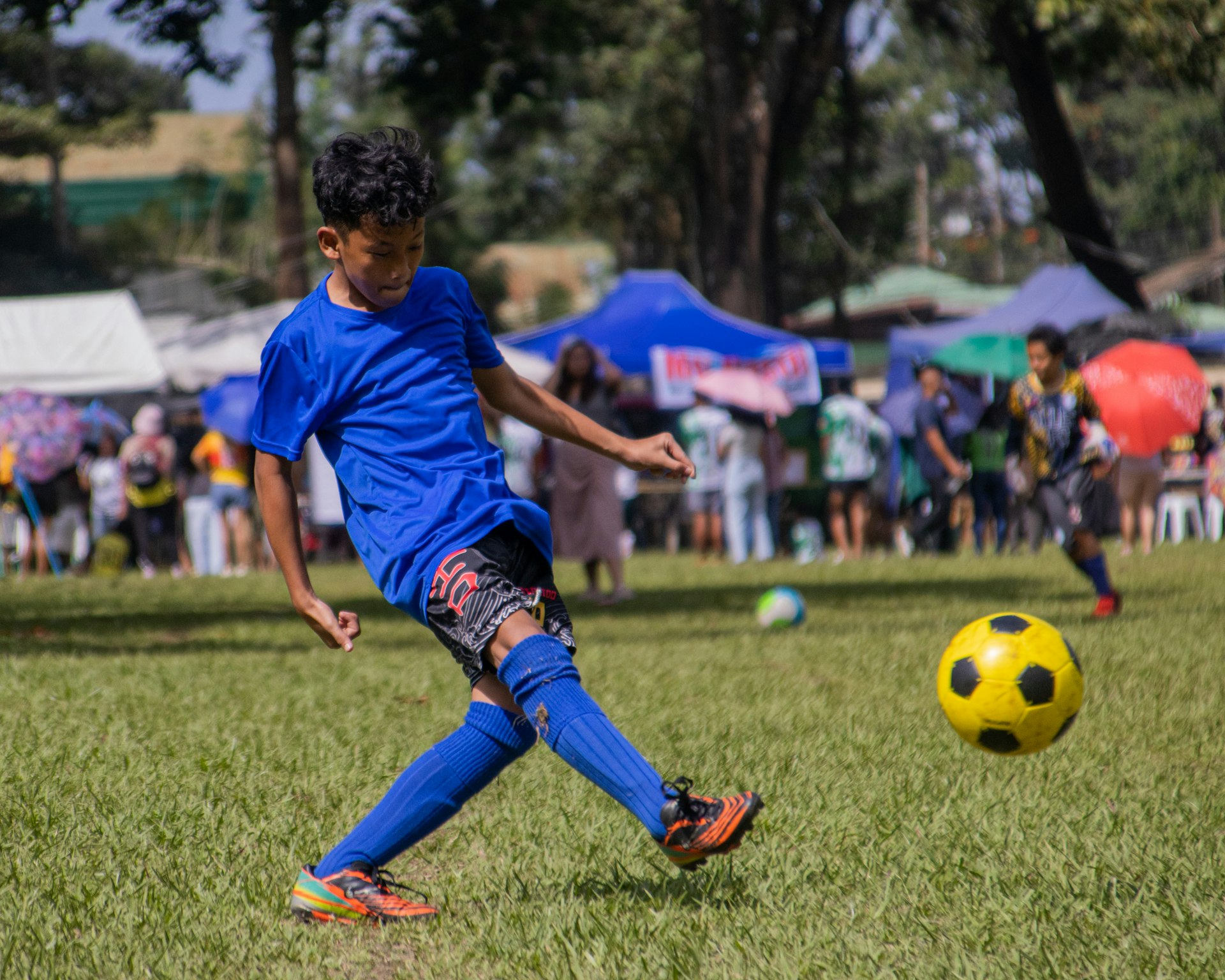Unlocking Peak Recovery: How Sleep Science Powers Athletic Excellence

Photo by Olena Kovalova on Unsplash
Introduction: Why Sleep Science Matters in Sports Recovery
In the world of sports, every fraction of improvement counts. While training intensity and nutrition often take center stage, sleep science is emerging as a critical pillar in sports recovery. Quality sleep is not merely about feeling rested; it is central to muscle repair, cognitive functioning, hormonal balance, and overall physical rejuvenation. This article unpacks the science behind sleep’s role in athletic recovery, provides actionable strategies to optimize rest, and offers practical guidance for accessing expert resources and implementing effective routines.
The Science Behind Sleep and Muscle Recovery
Sleep is the body’s natural mechanism for restoring itself after physical exertion. During deep sleep (also known as slow-wave sleep), the body increases its production of growth hormone , which is essential for repairing and rebuilding muscle tissue damaged during exercise. This phase is also when the body replenishes muscle glycogen , the key energy source for athletes, and manages hormonal balance by reducing stress hormones like cortisol [1] [4] .
Scientific studies confirm that adequate sleep accelerates the phases of muscle regeneration-degeneration, inflammation, regeneration, remodeling, and maturation-by supporting immune function and enhancing the release of anabolic hormones . Conversely, sleep deprivation can slow muscle repair, increase the risk of injury, and lead to chronic fatigue [2] [5] .
Cognitive Benefits: Sleep, Reaction Time, and Decision Making
Performance in sports is not solely physical; cognitive sharpness is equally vital. Sleep facilitates the brain’s ability to process and consolidate new skills, strengthen muscle memory, and clear metabolic waste. Deep sleep helps refresh the brain’s signaling pathways, leading to quicker reaction times, better decision-making, and improved focus during competitions [3] . On the other hand, chronic sleep loss impairs judgment, slows response time, and can diminish overall athletic output.

Photo by Dmitry Ganin on Unsplash
For example, research from Mass General Brigham notes that athletes who cycle through all sleep stages-especially deep sleep-six or more times per night consistently demonstrate higher levels of readiness and performance [3] .
Sleep Deprivation: Effects on Injury Risk and Recovery
Multiple studies show a direct link between poor sleep and higher injury rates in athletes. Sleep deprivation increases muscle fatigue, reduces the capacity for tissue repair, and elevates inflammation markers. Over time, these effects can lead to overuse injuries, longer recovery times, and even burnout [1] [2] . By contrast, prioritizing sleep can reduce injury risk and help athletes recover faster after intense training or competition.
For example, a review published by Sports Medicine Australia highlights that sleep extension (increasing nightly sleep duration) improves pain sensitivity, accelerates muscle healing, and enhances hormonal responses critical for recovery [2] .
Implementing Sleep Science: Practical Strategies for Athletes
Optimizing sleep for sports recovery requires more than just spending extra hours in bed. Here are proven, science-backed steps athletes can take:
- Establish a Consistent Sleep Schedule: Go to bed and wake up at the same time every day, even on weekends. This stabilizes your body’s circadian rhythm and improves sleep quality.
- Create a Sleep-Friendly Environment: Ensure your room is cool, dark, and quiet. Use blackout curtains, white noise machines, or earplugs to minimize disruptions.
- Limit Screen Time Before Bed: Blue light from phones and computers can suppress melatonin production, making it harder to fall asleep. Aim to power down devices 30-60 minutes before bedtime.
- Prioritize Sleep Hygiene: Avoid caffeine, alcohol, and heavy meals close to bedtime. Engage in relaxing pre-sleep routines such as stretching, meditation, or reading.
- Monitor Sleep Quality: Many athletes benefit from wearable devices or sleep-tracking apps to monitor sleep patterns and adjust habits as needed. Always verify data privacy and reliability before using any product.
If you suspect a sleep disorder (such as insomnia or sleep apnea) may be affecting your recovery or performance, consider consulting with a sleep specialist. You can find board-certified sleep physicians by searching for ‘American Academy of Sleep Medicine sleep center’ or by asking your primary care provider for a referral.
Accessing Sleep Science Resources and Support
For athletes and coaches seeking professional guidance on optimizing sleep for recovery, several reputable organizations provide resources:
- The National Sleep Foundation publishes up-to-date guidelines on sleep duration and quality for adults and athletes. To access these, search for ‘National Sleep Foundation sleep recommendations.’
- The American Academy of Sleep Medicine maintains a directory of accredited sleep centers. To find local resources, search for ‘AASM accredited sleep centers.’
- Major sports medicine clinics and university athletic departments often have sleep specialists or performance coaches on staff. You can contact your local sports medicine provider or university sports program for more information.
If you are interested in a personalized sleep assessment, consider the following approach:
- Keep a detailed sleep diary for at least one week, noting bedtime, wake time, sleep interruptions, and perceived sleep quality.
- Share your sleep diary with your coach or sports medicine provider to identify possible patterns or issues.
- If necessary, request a referral to a sleep medicine specialist for further evaluation, which may include a sleep study.
For additional tips and evidence-based practices, consult reputable sources like the National Institutes of Health (NIH) or peer-reviewed journals accessible through platforms such as PubMed (search for ‘sleep and sports recovery’).
Overcoming Challenges and Alternative Approaches
Implementing sleep science recommendations can be challenging, especially for athletes with demanding travel schedules, early morning training, or high stress. Here are some solutions and alternatives:
- Travel Fatigue: Use light exposure, strategic naps, and hydration to counteract jet lag and maintain sleep routines.
- High-Stress Periods: Incorporate mindfulness techniques, progressive muscle relaxation, or guided imagery to promote relaxation and ease anxiety before bed.
- Variable Schedules: When consistent sleep times are impossible, prioritize sleep quality over quantity and use naps strategically (20-30 minutes) to supplement nighttime rest.
Remember, while individual sleep needs may vary, most adults-including athletes-require 7-9 hours of quality sleep per night for optimal recovery. Regularly reassess your sleep habits, seek expert input when needed, and remain flexible in your strategies.
Key Takeaways
Sleep science is a foundational aspect of sports recovery, directly impacting muscle repair, cognitive function, and overall athletic performance. By prioritizing sleep, leveraging expert resources, and adopting science-backed routines, athletes can accelerate recovery, reduce injury risk, and unlock their full potential. For personalized support, consult with certified sleep specialists, sports medicine providers, or trusted organizations in your area.
References
- [1] The Snooze Doc (2023). How a Sleep Study Can Boost Athletic Performance.
- [2] Sports Medicine Australia (2021). How does sleep help recovery from exercise-induced muscle injuries?
- [3] Mass General Brigham (2023). How Does Sleep Affect Athletic Performance?
- [4] Chicago Spine & Sports (2023). The Role of Sleep in Muscle Recovery and Joint Health.
- [5] National Institutes of Health (2021). The Sleep and Recovery Practices of Athletes.
MORE FROM dealdetectivepro.com

